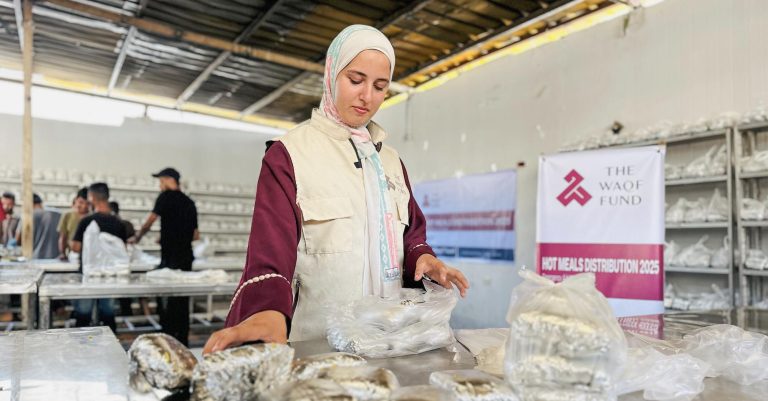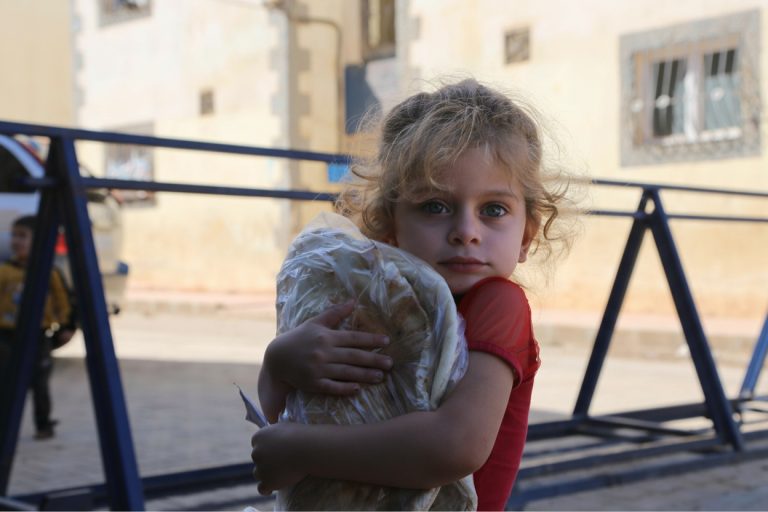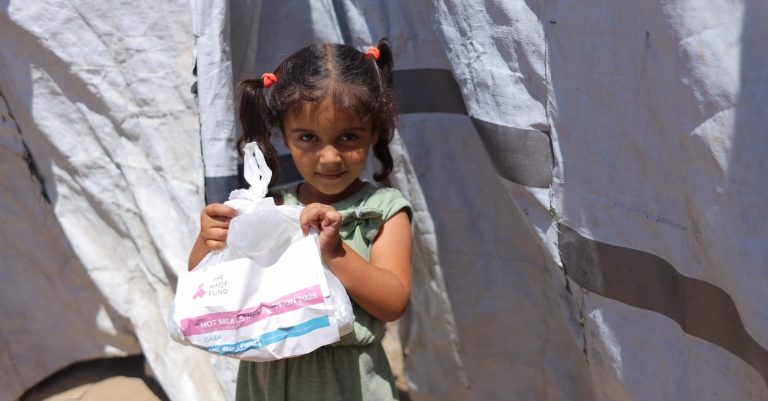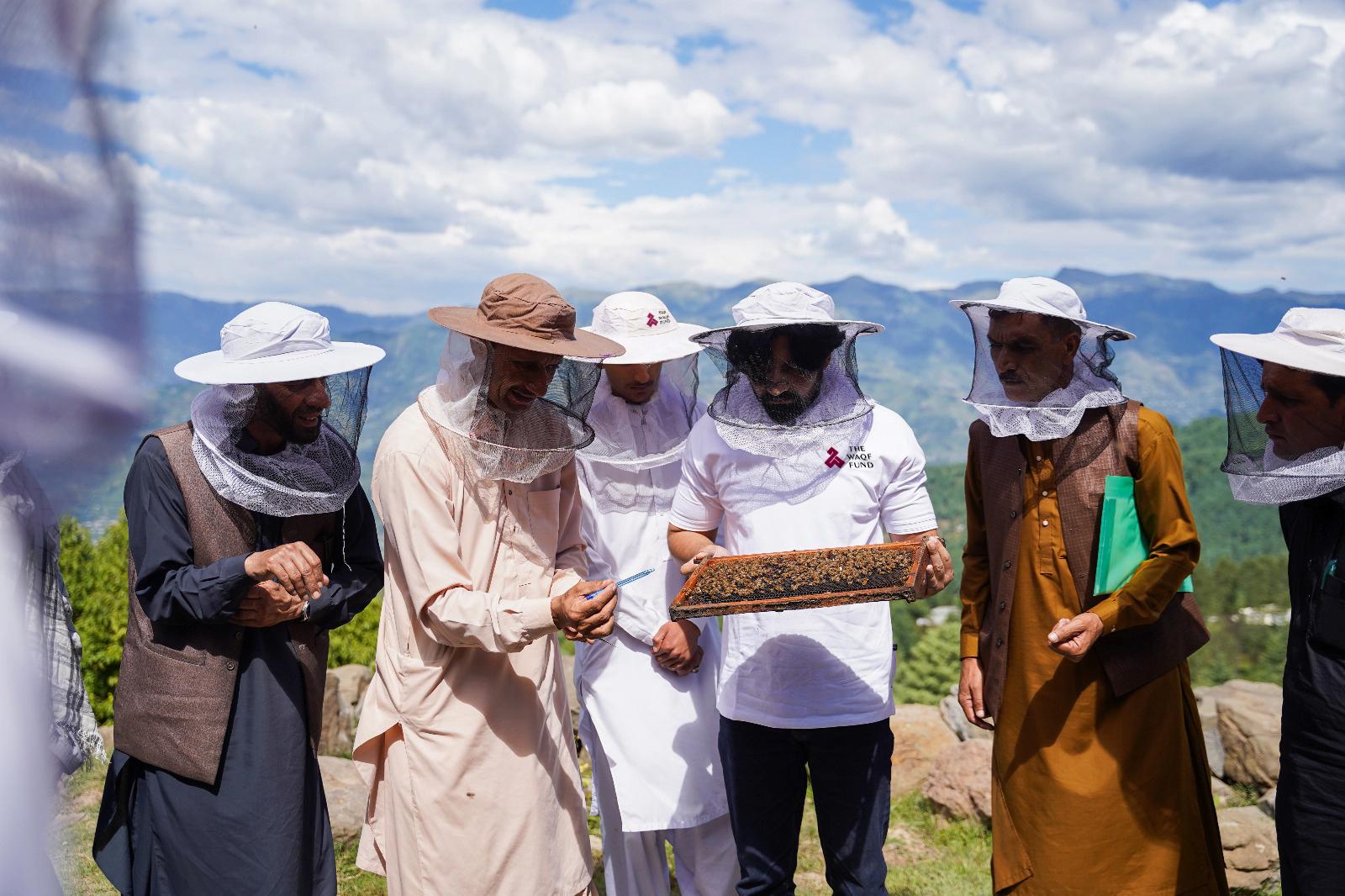Livelihood Support Waqf
How it works
When you donate a waqf share today, it is immediately pooled in a Sharia-compliant fund. Within one year of your donation, your waqf share generates profit that go towards livelihoods projects such as providing equipment and training to become a tailor, beekeeper, or olive tree farmer.We purchase an asset that will provide profit, but even before your asset is purchased, your waqf share gets to work. Since our inception in 2023, we’ve purchased three properties and we aim to continue purchasing.
Today!
You donate a £100 share to waqf
Investment
We pool and invest your donation, earning an average 7% yearly return
Each year
Each year, 80% of profits go towards livelihoods projects
Reinvestment
10% is reinvested into a property to create more income and impact, and 10% is used to maintain your waqf.
“There is nothing so degrading as the constant anxiety about one’s means of livelihood.”
W. Somerset Maugham
Why direct your waqf to livelihoods?
Across the world, 212 million people are unemployed, with women significantly more likely to be in unpaid labour. Without training in a trade, widowed women struggle to support their children and can quickly fall into poverty.
Displaced people, refugees, and women often face restrictions in finding jobs. Our livelihood projects prioritise marginalised people and families with children who need a sustainable source of income.
We train them with experts, providing tools and skills to build businesses that grow year after year. Donate to help them live independent lives and support their families.
What livelihood support will I provide?
Our projects are delivered in partnership with Human Appeal who have over 30 years’ experience and deliver aid in over 25 countries. Their livelihood projects include:

Sewing machine, tools, and training for women to become tailors.
Hives, bees, safety equipment, training and ongoing support to become a honey bee farmer.
A pair of goats and livestock management training
Tools, seeds and training to grow drought-resistant vegetables
40 chicks, training, and support to start a chicken farm.
Olive, fig, and coffee trees to farmers.
Projects We Implement

Waqf support fund
Donate to help us get your waqf to where you intended.

Food Aid Waqf
Donate to help families struggling simply to eat.

Emergency Aid Waqf
More than 305 million people need humanitarian aid. Help families in crisis year after year.
The Messenger of Allah ﷺ said, The Messenger of Allah ﷺ said, No one ever ate any food better than that which he earned with his own hands.”
(Sahih Bukhari)







